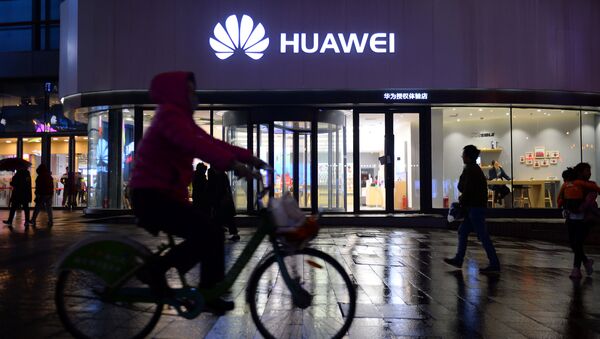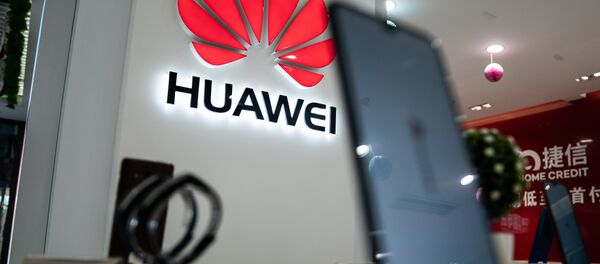China will investigate whether FedEx Corp damaged the legal rights and interests of its clients, Xinhua news agency reported Saturday after Chinese telecom titan Huawei complained that parcels sent via the American global delivery service were diverted.
Huawei pointed out Friday that it was reviewing its relationship with FedEx, assuming it had diverted two parcels meant for Huawei addresses in Asia to the US and had tried to send back two others. FedEx responded by arguing that the packages were “misrouted in error”.
Amid an ongoing US-China trade spat, which has worsened since the US took action against Huawei, the Chinese commerce ministry said on Friday that it would compile a list of “unreliable” foreign firms and individuals that harm Chinese interests, while not specifying any names.
Separately, the world's second-largest economy voiced plans to increase tariffs on $60 billion in US goods, which are expected to come into force on Saturday, in retaliation to US President Trump's decision to punish China with levies on $200 billion worth of Chinese goods earlier this month.
Tensions have further worsened between the US and China recently after Washington barred Huawei equipment from its domestic market and tried to push its European allies to follow suit. The US attempted to justify its actions by claiming that Huawei was working in collaboration with the Chinese government and spying on users of Huawei devices at Beijing's behest, although both the company and the Chinese government vehemently denied the allegations on several occasions.
Huawei representatives addressed the claims, noting their codes are absolutely secure and they have never been given directives by the government, inviting independent checks into the matter.
READ MORE: Huawei Executive Says Company Preparing to Mitigate US Ban Effect on 5G Rollout
However, many US companies acted in line with the recent US blacklist. Google announced it would suspend offering Huawei devices updates to its software amid the suspension of other business ties to the company.
It was followed by other companies, including Panasonic and NTT Docomo of Japan. The development prompted the Chinese telecom giant to be pick up pace in making up for the loss of business partners by developing its own operating systems. It is reported to have applied for its own OS and other software trademarks in Europe, with the European Union Intellectual Property Office (EUIPO).




